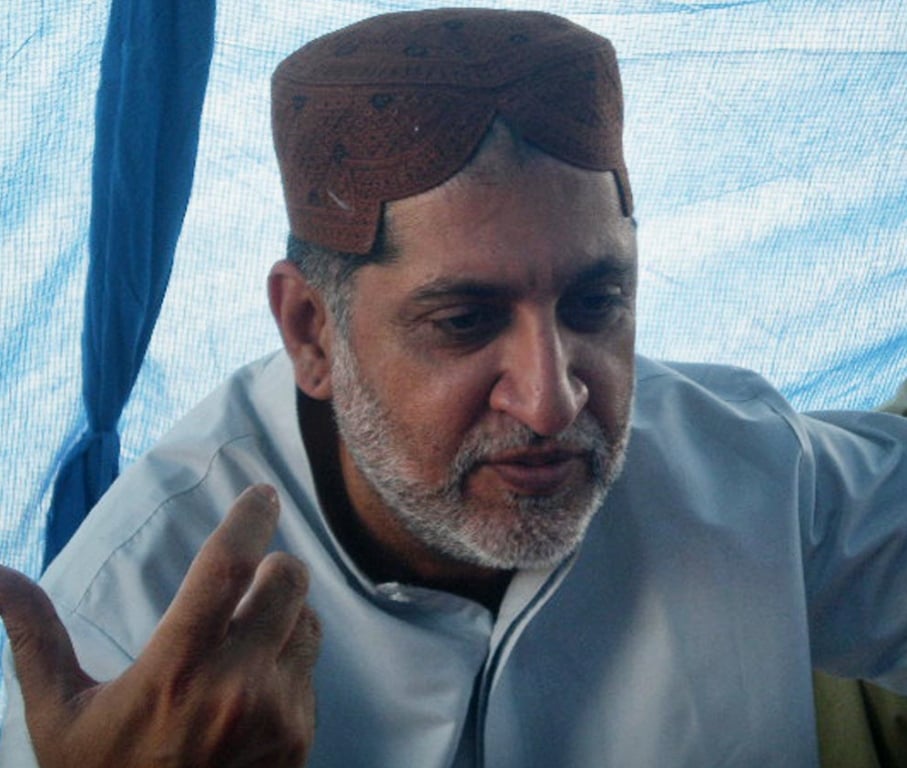
Four senior politiciansall belonging to different political partieshave approached the apex court, challenging the recently promulgated 26th Constitutional Amendment that changed the procedure for selection of the top judge while also forming constitutional benches in superior courts.
Sardar Akhtar Mengal of the BNP-M, Ex-Senator Mustafa Nawaz Khokhar, Dr Fahmida Mirza of the GDA and Mohsin Dawar of the NDM have filed the constitutional petition.
The politicians have contended that certain provisions of the 26th Constitution Amendment Act, 2024 fundamentally undermine essential features of the Constitution relating to independence of judiciary and trichotomy of powers
According to the petitioners, the trichotomy of powers inherent in the Constitution requires mutual respect among the three organs of state; the executive, the legislature and the judiciary.
"In the past, there have been genuine complaints about judicial overreach into the executive and legislative domain. The instant case, however, involves parliamentary overreach into the judicial domain.
"While the three organs of state, necessarily, impose certain checks and balances on the other – this delicate system must not descend into a game of constitutional tit for tat. That is the path to mutually assured destruction," they stated.
The petition also questioned the "constitutionally defective manner" in which the constitutional amendment bill was passed. It may be noted, it said, that under Article 59 of the Constitution, each provincial assembly is entitled to elect 23 members in the Senate.
"On March 14, 2024, the ECP [Election Commission of Pakistan] announced Senate elections for 11 vacant seats each from Khyber-Pakhtunkhwa (K-P) and Balochistan and 12 vacant seats each from Sindh and Punjab.
"While elections for other provinces were duly held, the ECP, on April 2, 2024, postponed elections for the K-P on the pretext that the speaker of the K-P Assembly was not administering oath to the members declared elected on reserved seats by the ECP."
It said the dispute regarding proper allocation of reserved seats was finally decided by a full-court of the Supreme Court through the short order of July 12 and the detailed order of September 23.
Nonetheless, the ECP neither implemented the orders of the Supreme Court nor held Senate elections for the K-P. These acts by the ECP, it said, were mala fide, both in law and in fact. It said the malice of the ECP, in this regard, has been recorded in earlier judicial proceedings.
According to the petitioners, due to this non-implementation of the SC order, the representation of K-P was halvedcompared to other provinceswhen the 26th Constitutional Amendment was passed.
"Needless to say, the said Act (passed with such a slender majority) has huge implications for all provinces generally and for provincial high courts in particular.
"Proceedings in parliament are a deliberative, collegial exercise and not just a numerical exercise. MPs representing a particular province or area must have an opportunity to debate and convince their counterparts from other provinces/areas – more so in respect of a constitutional amendment.
"The mala fide halving of the representative strength of a whole province in the Senate is very different to incidental vacancies in individual seats covered by Article 67 of the Constitution. This was ignored, with mala fides, by the chairman Senate in allowing the proceedings to continue," it added.
The petitioners requested the court to place the petition before a full court rather than a constitutional bench, formed in view of the very amendments being challenged.





1730959638-0/trump-(19)1730959638-0-165x106.webp)

1732436825-0/BeFunk_§_]__-(47)1732436825-0.jpg)


1732432596-0/BeFunk_§_]__-(45)1732432596-0.jpg)
1732438009-0/BeFunk_§_]__-(48)1732438009-0.jpg)






COMMENTS
Comments are moderated and generally will be posted if they are on-topic and not abusive.
For more information, please see our Comments FAQ